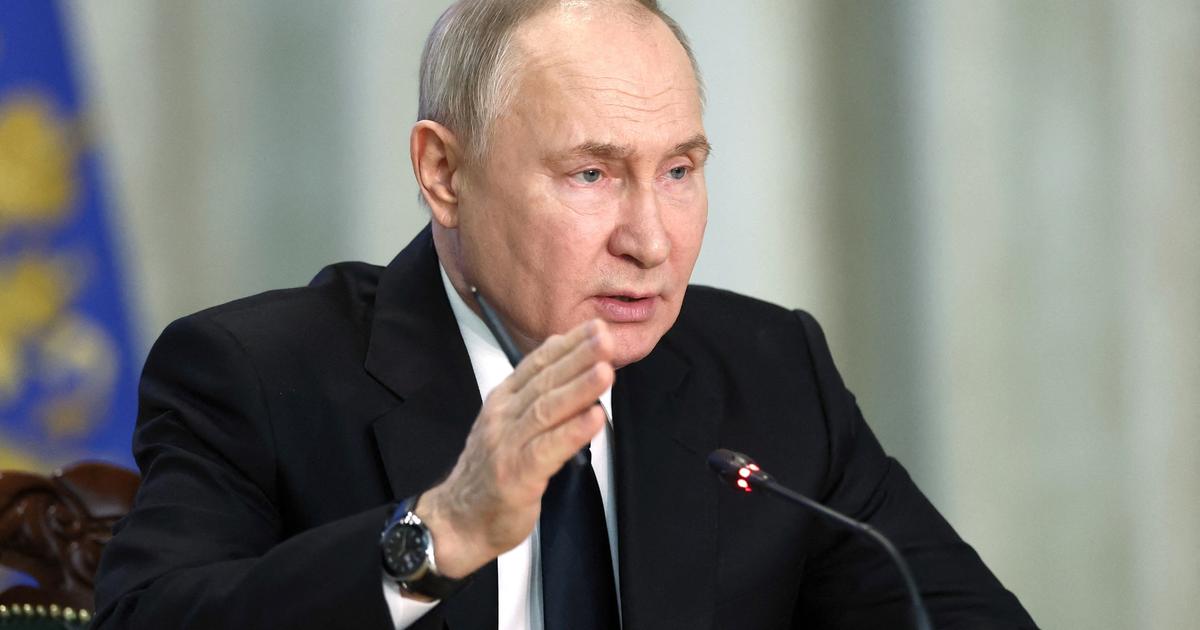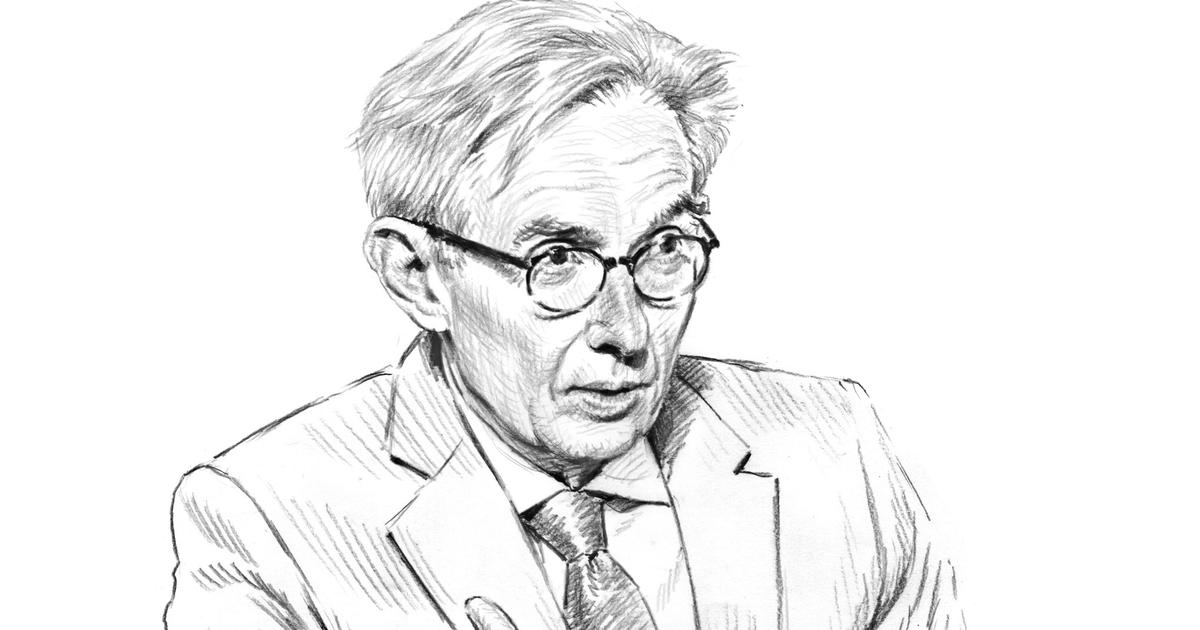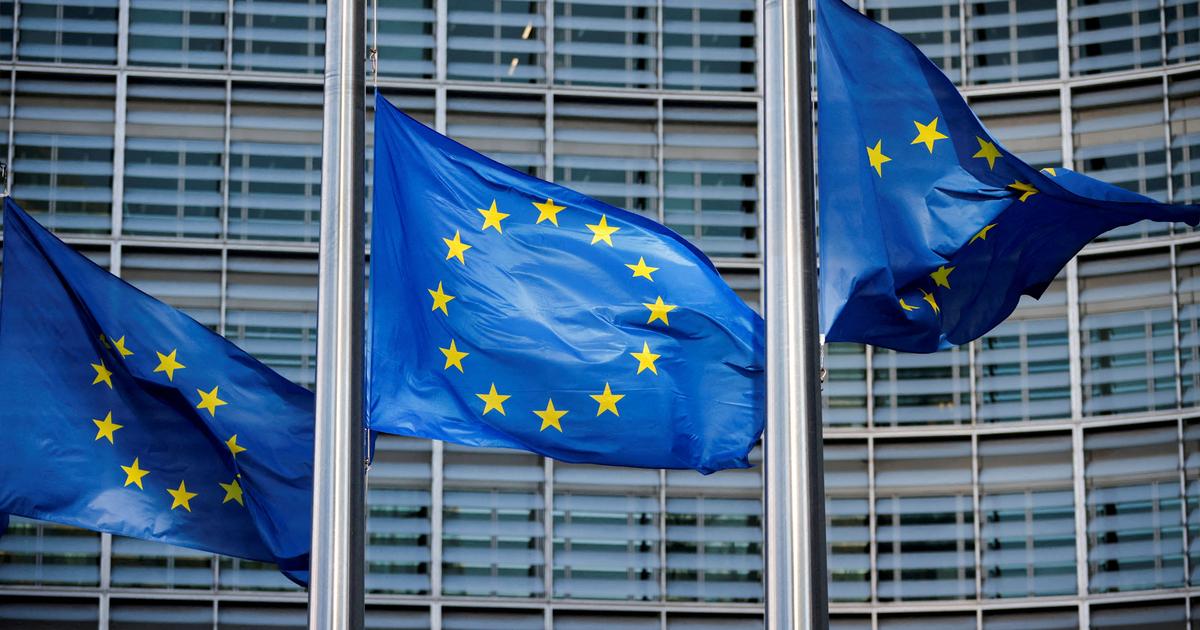British historian Antony Beevor (London, 75 years old) believes that the year 2022 will be the most relevant of the 21st century.
Putin's war against Ukraine ―among other scenarios― has upset the international board, and this will bring consequences.
“We have to be careful because if not, we will find the same dangers as in the 1930s.”
He is referring to the decade leading up to World War II.
Beevor, an expert in this conflict and an essential historian to understand the war conflicts of the 20th century, spoke this Saturday about the current global context together with the writer Antonio Muñoz Molina at the Hay Festival Segovia.
The reason, the publication of the last book of the British,
Russia: revolution and civil war, 1917-1921
(Review).
Nobody expected a conflict in Europe of this magnitude.
“Since World War II, we have all lived under the illusion that the war was over and the West's destiny was certain.
We are not in control at all,” said the historian at the IE University headquarters before 200 people.
That deep knowledge of the history of Russia, which he deals with in his essay, has also enabled him to draw some conclusions about the mandate of Vladimir Putin.
“The reason so many mistakes have been made in judging Putin is because we judge him from our own rational bias.
The West does not understand the symptom of the dictator, who has resentment and a self-interest.
If Putin and the president of China break their promises, where is then the future of conventional democracy?, reflected the military historian.
“Putin knows what he wants and he will go all the way.
We must assume that conventional democracy and the future of geopolitics will be very different,” he added.
There was a moment in history when leaders, Beevor said, believed in the need for balance in the world and to avoid a nuclear war: “But Putin doesn't care about that.
He wants to create fear as the gangster boss that he is, because in his language fear is synonymous with respect, it is based on resentment, not on ideological support or the diplomacy of the past.
He just wants to stay in power."
The last essay by the historian tells of Russia after tsarism, the struggle between the alliance of moderate socialists and reactionary monarchists against Trotsky's Red Army and the subsequent dictatorship of Lenin.
There were two main themes that impressed Muñoz Molina in the book;
on the one hand, that immediate collapse of the tsarist regime.
On the other, the extreme cruelty, suffering and misery of each and every one of the stages.
A horror that is described in great detail in the book through the lives of different protagonists, and among whom are prominent sadistic characters.
Does anything of that tradition remain in the horror of Putin's troops today? Muñoz Molina wanted to know.
"You cannot generalize about any country, it is one of the most important lessons I learned from the study of the First World War," the historian introduced.
Yes, he pointed, in a certain way, to emotions: “It cannot be said that there is a Russian DNA more predisposed to violence, but there is a kind of self-image and memory;
they were seen as a natural weapon of war.”
Europe also went through terrifying stages, he added, although it later evolved.
"In Russia things did not change, the cruelty was still there and it was considered something natural."
“A British historian says that if the study of history makes you feel proud, it is because you are not studying history,” Antonio Muñoz Molina joked at one point.
Why then is it always subject to pressure, to this tendency to become an ideology? he wanted to know.
“We live in an oversimplification of History.
The vital thing is to understand why things happened as they did, and then condemn.
It is the duty of the historian not to impose a moral judgment.









